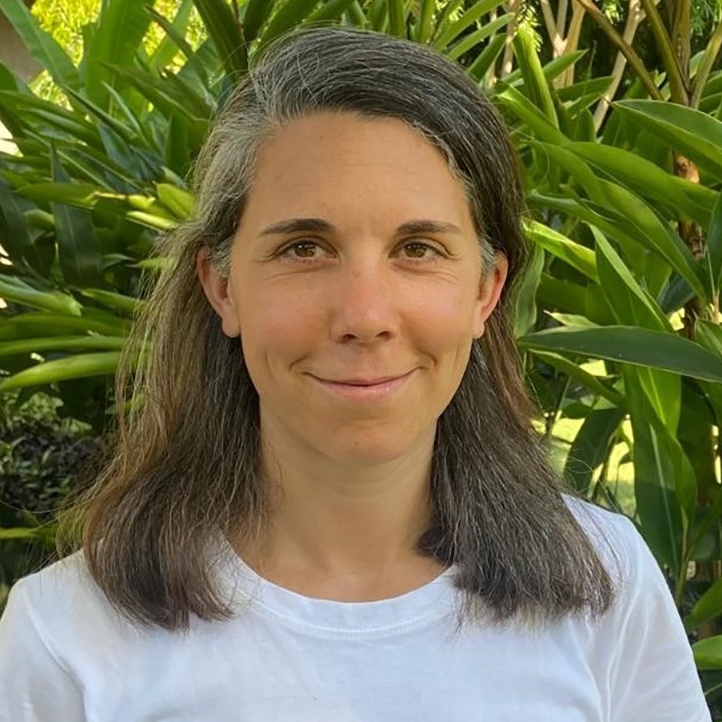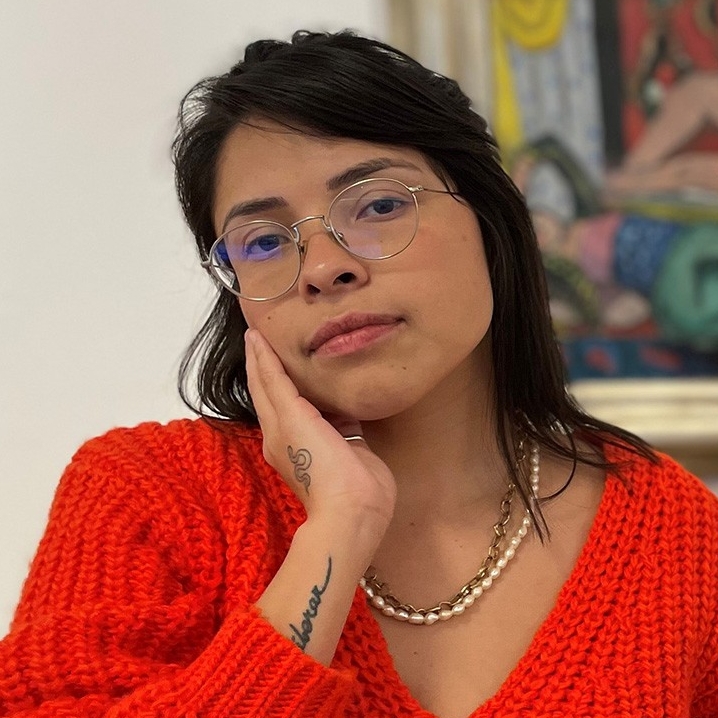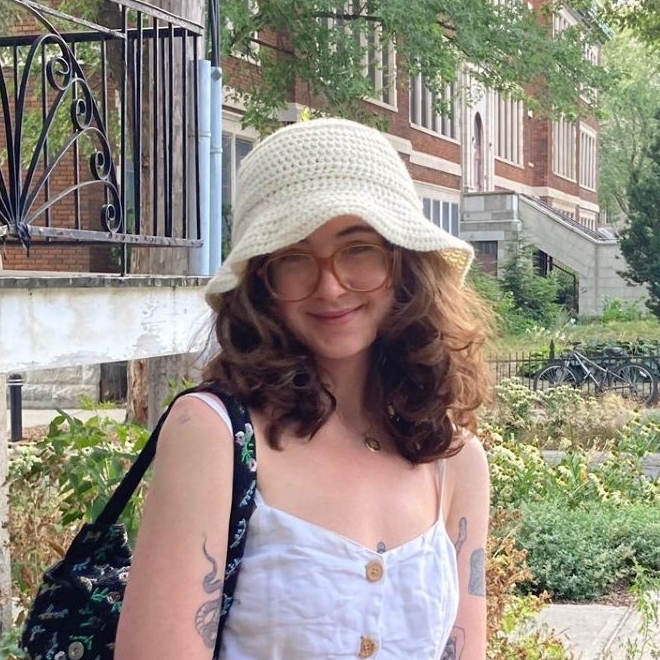Bodywork
Health, beauty and transformation in Africa
Responses to changing health landscapes
Bodywork explores how people in diverse African settings are reshaping their bodies — and their lives — through practices at the intersection of health and beauty.
Background
Africa, a continent stereotypically known for its famines and chronic malnutrition, is now facing a growing obesity epidemic and undergoing what global health observers describe as an epidemiological transition, as non-communicable diseases that were once mainly found in industrialized nations increasingly also afflict communities across the global South. African countries are also undergoing a demographic transition whereby more people are surviving into older age with chronic conditions.
This research contributes to a growing body of scholarly works on changing health landscapes in the global South through the perspective of wellness, rather than illness. It focusses on forms of bodywork that are driven by more than health preoccupations — that is, ways of working on the body at the intersection of health and beauty, such as exercise, dieting, surgical interventions and the use of alternative medicines.
Research questions
How are globally circulating ideas and ideals about health, beauty and wellness received, articulated and contested in different African contexts?
What new ways of working on and imagining the body do they inspire?
How do concerns about health intersect with, and bleed into, concerns about aesthetics?
What kinds of social relations are created in the pursuit of wellness?
Objectives
Produce fine-grained ethnographic studies on responses to changing health landscapes in different African settings
Develop a critical understanding of the epidemiological transition
Enhance understandings of health-seeking practices that are concerned with more than health
Develop grounded theory
Methods
To achieve these goals, a team of researchers will conduct ethnographic research in different African settings on different forms of bodywork located at the intersection of health and beauty.
Some of the project methods include:
- Three months of ethnographic research on a variety of responses to changing health landscapes in sites across Anglophone, Francophone and Lusophone Africa
- Participant-observation, the use of food/fitness diaries, focus groups, interviews and the recording of life histories
- Content analyses of relevant grey literature and social media content
- Grounded theory workshops
Contributions
The results will be disseminated through an edited volume, journal articles, conference presentations, community workshops, policy papers and a website with a digital archive on wellness and bodywork in Africa. These findings will contribute to discussions in various fields, including medical anthropology, global health, anthropology of the body and embodiment, food and nutrition, sport and fitness, and aging, as well as African Studies, and will be of interest to policymakers and others working in these areas.
Project funding
Project title: “Bodywork: Health, Beauty, and Transformation in Africa”
Principal investigator: Julie Soleil Archambault
Project title: “In shape in Africa: a study of the wellness aspirations of Mozambique’s rising middle class”
Principal investigator: Julie Soleil Archambault
Project title: “In shape in Africa: a study of the wellness aspirations of Mozambique’s rising middle class”
Principal investigator: Julie Soleil Archambault
Project publications
Archambault, J. S. (2024) “Corps déplacés : le fitness et la visibilité des femmes au Mozambique”, Anthropologie et Sociétés, numéro spécial « Le genre à l’épreuve du sport », sous la direction de Niko Besnier, Kevin Rosianu et Nicolas Bancel, 48 (2).
Archambault, J. S. (2022) “Sweaty Motions: Materiality, meaning, and the emerging workout ethic in Mozambique”, American Ethnologist, 49(3), 332-344.
Archambault, J. S. (2021) “In pursuit of fitness: Bodywork, temporality and self-improvement in Mozambique”, Journal of Southern African Studies, 47(4), 521-539.
Project team
Bodywork brings together Concordia-based researchers (the principal investigator and three graduate students) and three collaborators based in Africa, Europe and North America.

Julie Soleil Archambault,
principal investigator
Julie Archambault is an associate professor in the Department of Sociology and Anthropology at Concordia University and co-editor of AFRICA: Journal of the International Institute.
She received her PhD in anthropology from the School of Oriental and African Studies (University of London) and held several teaching positions in England, including at the London School of Economics, the University of Birmingham and the University of Oxford, before joining Concordia University in 2016.
Julie's work is based on ethnographic research in southern Mozambique and focuses on themes of intimacy, suburbanization, affect and embodiment. Cutting across much of her research is an interest in how materiality and temporality intersect in the crafting of lives worth living. She is the author of Mobile Secrets: Youth, Intimacy and the Politics of Pretense in Mozambique (2017) and her recent work has been published in American Ethnologist, Journal of Southern African Studies, Critique of Anthropology and City & Society. She is currently working on a book project on wellbeing and the cultural politics of sweat in Mozambique.
In 2018, she started a FRQSC and SSHRC-funded project on wellness aspirations in Mozambique exploring urban exercise, community health and city-making in a context where overweight and obesity are becoming a growing concern. She has conducted research in various fitness sites in Mozambique, with a focus on community fitness, the appropriation of urban infrastructure and the development of health-conscious subjectivities.
To learn more about Julie's work, visit her research website.

Albane Gaudissart,
PhD candidate
After earning a Bachelor of Business Administration, Albane spent 12 years in international development and humanitarian work across Sub-Saharan Africa. As founder and director of the NGO TATU Project and later an HR Manager for Doctors Without Borders, she gained extensive field experience in community-based development work and humanitarian response.
In 2018, she returned to academia, studying social and cultural anthropology under Julie Soleil Archambault. Her master’s research explored how Maasai youth in Engaresero, Tanzania, navigate overlapping social systems — balancing pastoral traditions, education and tourism. In 2022, she began her PhD, researching chronic disease, informal care and wellbeing in Northern Tanzania, under Julie’s supervision.
In 2025, Albane will contribute to the SSHRC-funded project on wellbeing aspirations by conducting ethnographic work on the Kilimanjaro Marathon, in Tanzania, where she examines how body and health ideals are shaping and are shaped by fitness and running routines in a postcolonial context.

Arlene Sanchez-Garcia,
PhD candidate
Arlene holds a BA in clinical psychology, an MA in socio-cultural anthropology and is currently a PhD student in social and cultural analysis under the supervision of Julie Soleil Archambault. Her MA research explored the daily struggles and aspirations of tourism workers, focusing on the tension between fulfilling social and political roles and pursuing a better future. This work offered valuable insights into the challenges workers face within the tourism industry. She also has four years of experience with non-profit organizations in marginalized Mexican communities, which has deepened her commitment to understanding social inequalities and the role of cultural practices and labour in sustaining these populations.
Arlene’s current research lies at the articulation of socio-cultural anthropology, African studies, and tourism studies, with a focus on labour dynamics, aging, and political and economic struggles. She is specifically interested in the experiences of Zanzibar’s tourism workers, examining how aging impacts their roles in the industry and how these experiences relate to broader socio-cultural and economic patterns in East Africa.
In the SSHRC-funded project, Arlene’s role is to facilitate media communication and promotion, creating accessible content and using digital platforms to effectively share research findings with both academic and public audiences.

Clare Walker,
MA student
Clare's work examines the intersections of health, wellness, and the body with ongoing political discourses and transformations. Her current research project, under Dr. Archambault’s supervision, seeks to place the growth of alternative health/wellness movements in conversation with (post)feminist discourse, histories of medicine, and unravelling processes of gentrification. Using ethnographic methods, her work aims to complicate existing critical narratives of wellness culture.

